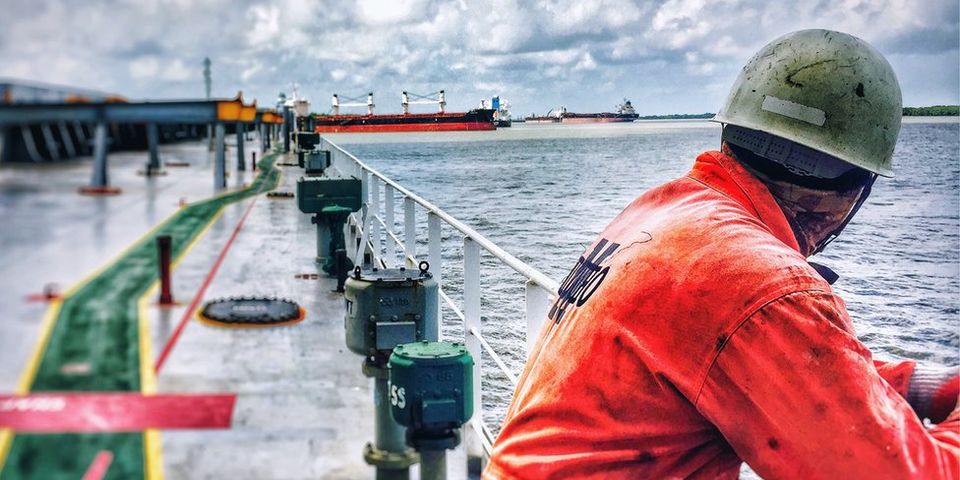UN to Review Seafarers' Work and Rest Rules

25 years of experience, P&I Club certificates, yellow fever vaccination, special offers for seafarers from other countries: transfer service, accommodation search, discounts on certificates in partner training centers, employment assistance through Georgian crewing companies.
A career at sea is impossible without continuous training and certification. Friends, we continue our series of articles on training centers in Europe where sailors can undergo training and obtain the necessary certificates to work at sea.
This phrase is often presented as the «last argument» in a fight, in the heat of emotions as an extreme expression of resentment and it can reflect a man’s emotional experiences that his value in relationships is only reduced to material support.
Every five years the command staff is required to change certificates and update the package of documents for further work. Ratings need to improve their qualifications to move up the career ladder. But what to do if you now live in Europe and there is no opportunity to undergo training in a Ukrainian TC?
